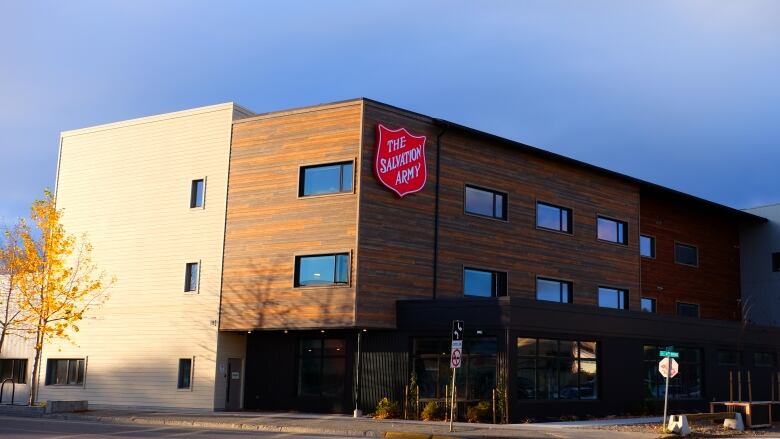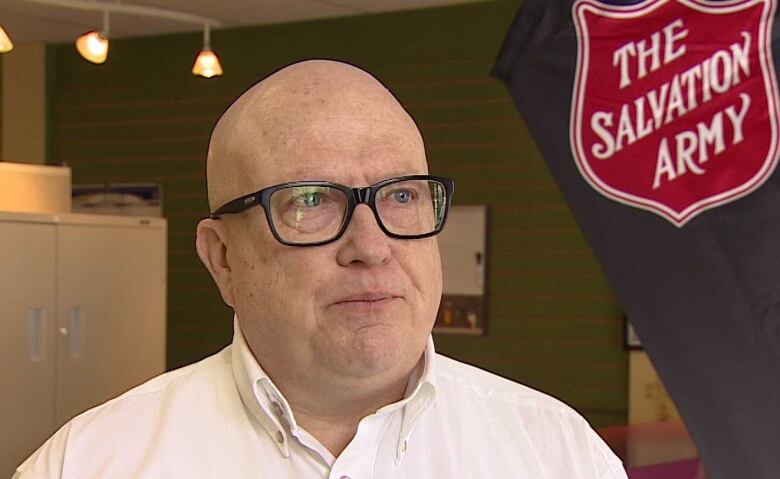Whitehorse shelter has vacant apartments but only for women
Salvation Army's Centre of Hope has a waiting list of men who need transitional housing

Whitehorse's new Salvation Army shelter has a waiting list for men in need of housing, while severalunits meant for women sit vacant.
"We've certainly had far more male applicants than we've had women," said Ian McKenzie, theSalvation Army's executive director in Whitehorse.

"We have been working and reaching out to women's groups, to see if there are people we've been missing."
The Centre ofHope shelter opened last fall in downtown Whitehorse, with25 emergency shelter beds, and 20 transitional housing apartments. Ten of the transitional housing apartments were designated for women, but only sevenof those are now occupied.
The men's apartments are now all occupied, and McKenzie says there's a waiting list of about "five or six." Units are meant to be occupied for a year at a time.
Last week, the organization was considering whether to allow men to use the vacant units. There were four vacant units then, together in a section that was separated from the other women's units by a locked door.
But one of those units is now occupied by a female tenant, so the areawill remain off-limits to men in need.
'There's definitely a need'
Charlotte Hrenchuk, executive director of the Yukon Status for Women Council, is not sure why there are still vacant units for women.
"I think there's definitely a need, that's for sure.We see women all the time that are looking for places to live," she said.
"I think some women may have lost trust with the Salvation Army over the years, so it takes a while for that trust to rebuild."

Hrenchuk also suggests the Salvation Army may be too strict in its requirements for potential tenants. For example, she says the requirement for sobriety is difficult for some women who don't have support.
She also questions a regulation that prohibits women from having friends or family visit them in their unit. She says that is not realistic for some women, especially those with children.
"If a woman wants to have her children over, she would have to do that in a public, shared space. So the opportunity for privacy with friends and family is very limited," Hrenchuk said.
She acknowledges that the issue goes beyond the Salvation Army, however, and shows that Whitehorse just needs more affordable housing for everybody.
"If we're going to be talking about Truth and Reconciliation in any kind of meaningful way, we should be addressing these very basic issues of life," she said.
"Having a safe, decent place to live is a right. That right is not being upheld in the Yukon, and particularly [for] Indigenous women."
With files from Jane Sponagle, Mike Rudyk and Jackie McKay












_(720p).jpg)


 OFFICIAL HD MUSIC VIDEO.jpg)
.jpg)



























































































